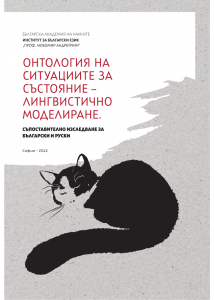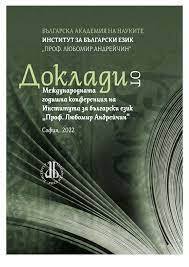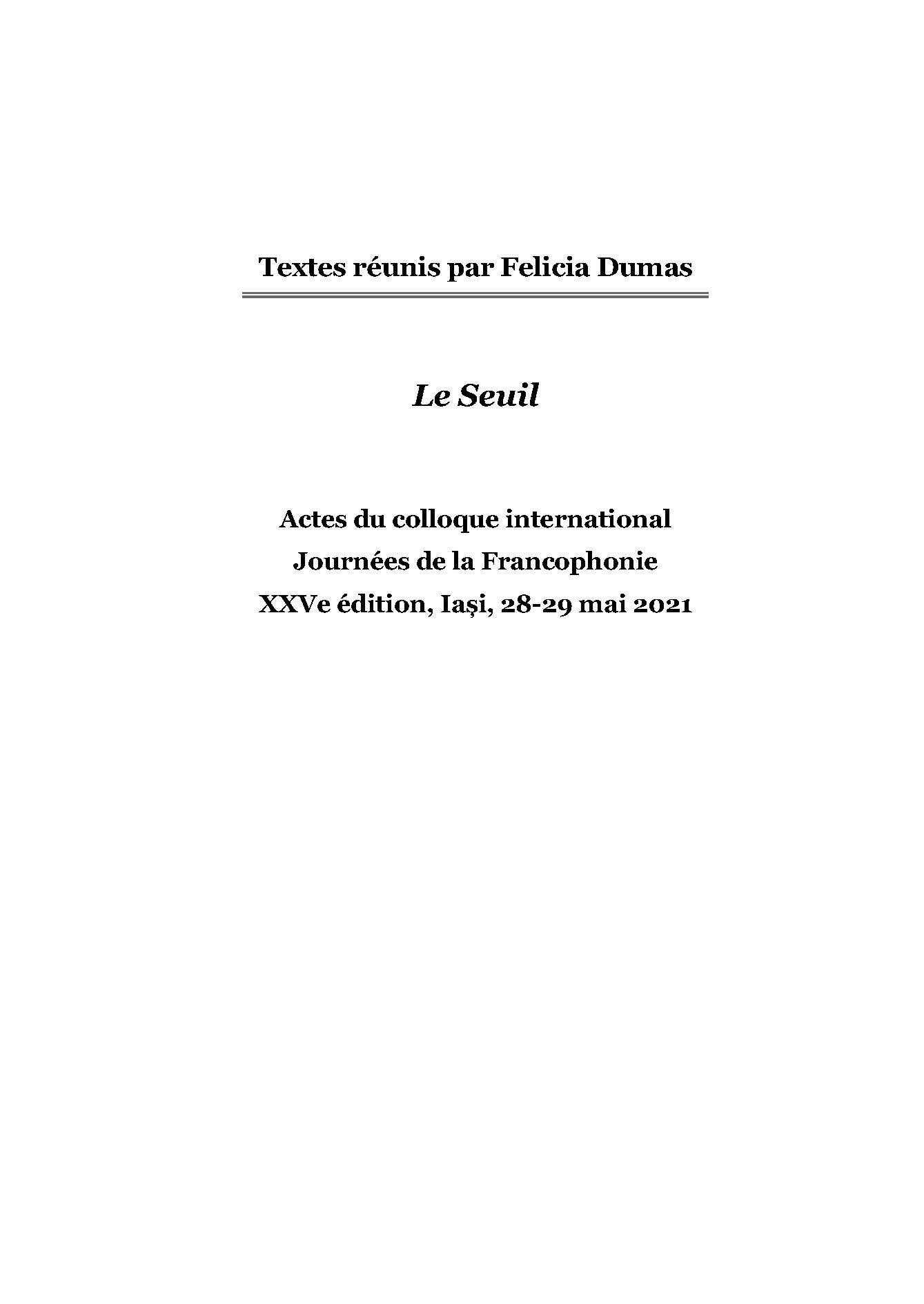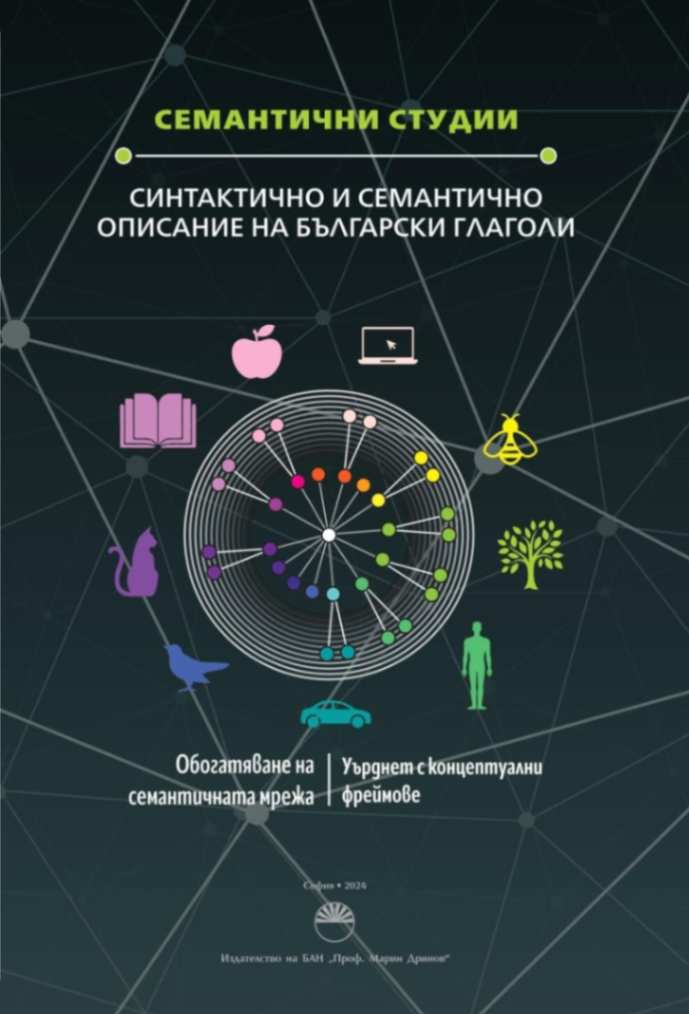
Семантические классы предикатов состояния (на материале русского языка)
This chapter deals with the analysis of states from the perspective of the typology of predicate vocabulary. States (along with qualities) occupy the lowest rank in the semantic hierarchy of predicates; prototypical states, e.g. ( В комнате темно (The room is dark), Детям холодно(The children are cold) are one-place predicates: their only argument (semantic actant) is the subject (inanimate or animate) undergoing he state. However, many experiential state predicates have two arguments, an experiencer and a stimulus.The chapter is focused mainly on experiential states, i.e. human states, which are the result of a person’s ability to react to the impact of the outside world and to construct in formational images of non-linguistic situations. A hierarchy of experiential states and the semantic relations among them are presented as well.This chapter deals with the analysis of states from the perspective of the typology of predicate vocabulary. States (along with qualities) occupy the lowest rank in the semantic hierarchy of predicates; prototypical states, e.g. ( В комнате темно (The room is dark), Детям холодно (The children are cold) are one-place predicates: their only argument (semantic actant) is the subject (inanimate or animate) undergoing he state. However, many experiential state predicates have two arguments, an experiencer and a stimulus. The chapter is focused mainly on experiential states, i.e. human states, which are the result of a person’s ability to react to the impact of the otuside world and to construct informational images of non-linguistic situations. A hierarchy of experiential states and the semantic relations among them are presented as well.
More...



